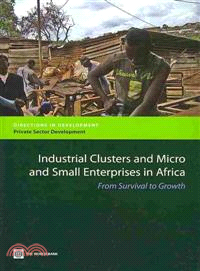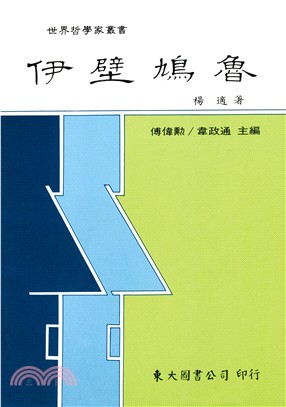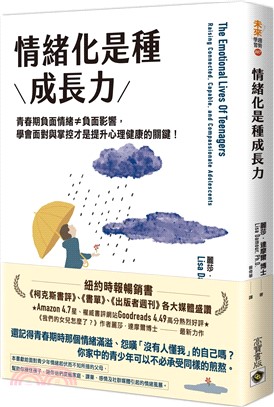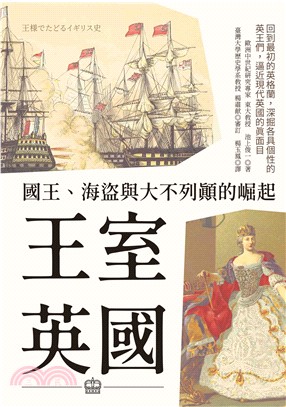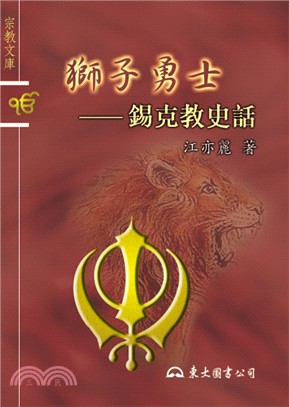定價
:NT$ 1375 元優惠價
:90 折 1238 元
無庫存,下單後進貨(到貨天數約30-45天)
可得紅利積點:37 點
相關商品
商品簡介
商品簡介
The World Bank, Japan International Cooperation Agency (JICA) Research Institute, and the Foundation for Advanced Studies on International Development (FASID), in collaboration with researchers affiliated with the African Economic Research Consortium (AERC), recently conducted a study on Africa’s domestic enterprises to improve the understanding of the constraints micro and small enterprises in Africa face in improving productivity and expanding their markets.In Africa, there are stark performance gaps between domestically owned enterprises and foreign-owned enterprises in terms of sales performance, productivity, and ability to reach distant markets. Among others, size appears to be a dominant factor in explaining the gap. Against this background, the study analyzes how naturally formed industrial clusters—concentrations of enterprises engaged in same or closely related industrial activities in specific locations—could potentially mitigate constraints Africa’s micro and small enterprises face and enhance their business performance. The study is one of the first comprehensive quantitative inquiries on industrial clusters in Africa.The analysis specifically focuses on the role of spontaneously grown clusters of light manufacturing industries based on a set of original case studies of industrial clusters conducted for this research project. One of the key findings from the case studies was that cluster-based micro and small enterprises are performing better than similar micro and small enterprises outside of the clusters in terms of sales performance and ability to reach distant markets. Market access is a leading reason for cluster-based enterprises to choose their current locations.However, cluster-based enterprises face another set of unique growth constraints. By the very nature of spontaneous agglomera?tion, new enterprises continue to flow to the clusters seeking the profit opportunities and better access to markets at such locations. The result can be intense competition in addition to increased congestion. Space constraints often impede growth within clusters. The lack of alternative locations available for industrial activities in the same cities, generic infrastructure bottlenecks, and unclear zoning policies and their unpredictable changes limit firms’ location choices and constrain their mobility. While competition should improve efficiency, lack of capacity among those competing cluster-based enterprises to invest and innovate does not generate growth out of the competition. The vast majority of naturally formed clusters of light manufacturing industries in Africa are still at a “survival” level, where agglomeration externalities are only limited to expand quantity but not quality as we observe in more advanced innovation-oriented clusters in elsewhere in the world.Existing studies on such natural industrial clusters in Africa have found that the lack of managerial skills among entrepreneurs running micro and small enterprises is a major constraint for innovation and growth in the clusters. As a part of this study, pilot managerial skills training programs were conducted in two industrial clusters on an experimental basis, where a group of randomly selected entrepreneurs within the clusters were given three-week long crush course of based management such as bookkeeping, marketing, business planning, and production management. The impact evaluation of the experiments showed significant positive impacts of the training programs on value added and gross profits of enterprises.Raising the current survival-type industrial clusters, which have been formed as a coping mechanism to weak investment climate, into more dynamic innovating clusters will be an important avenue for fostering growth of micro and small enterprises in Africa. While national efforts to improve investment climate and investments in human capital are undoubtedly important, there could be more targeted policies to be formulated, in complementing g
主題書展
更多
主題書展
更多書展本週66折
您曾經瀏覽過的商品
購物須知
外文書商品之書封,為出版社提供之樣本。實際出貨商品,以出版社所提供之現有版本為主。部份書籍,因出版社供應狀況特殊,匯率將依實際狀況做調整。
無庫存之商品,在您完成訂單程序之後,將以空運的方式為你下單調貨。為了縮短等待的時間,建議您將外文書與其他商品分開下單,以獲得最快的取貨速度,平均調貨時間為1~2個月。
為了保護您的權益,「三民網路書店」提供會員七日商品鑑賞期(收到商品為起始日)。
若要辦理退貨,請在商品鑑賞期內寄回,且商品必須是全新狀態與完整包裝(商品、附件、發票、隨貨贈品等)否則恕不接受退貨。




